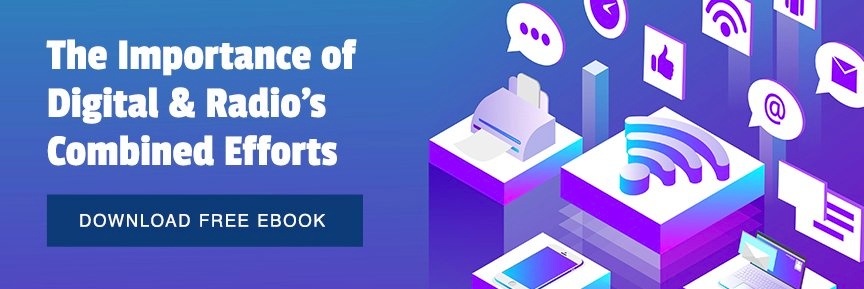As Digital Grows, Subscriptions Could Bring in Cash
Will listeners pay for digital audio from local radio stations? That is a question many radio broadcasters have asked and there isn’t a clear answer. But that isn’t stopping a Midwest radio owner for trying. In a move to monetize digital audio, Good Karma Broadcasting, which owns stations in Wisconsin, is launching a premium on-demand service with podcasts and time shifted audio.
For $5 per month or $50 per year, “Wisconsin On Demand” subscribers will get ad-free access to content from ESPN Madison and ESPN Milwaukee, including podcasts, full-length radio shows and exclusive interviews. Eventually, Good Karma plans to add video and articles to the service.
Given the free nature of local radio, it is a bold move for a radio station owner to charge for content, and it may upset some listeners. However, as with more listeners seeking out content on their own schedules and listening on smartphones, in-car and on smart speakers, Good Karma may be onto something. Listeners may be willing to pay for ad-free access on their terms.
“We know our audience is busy and can’t always hear popular interviews and features in real time. Now, they can access content whenever they want to,” said Milwaukee VP/Market Manager Steve Wexler.
Some larger media companies are experimenting with subscription podcasts. Fox News, for instance, charges $7.95 per month to access to some of its podcasts. For $4.99 per month, podcast listening platform Stitcher offers free listening and premium packages that include exclusive podcasts, ad-free shows and bonus episodes.
Recently, premium podcast network Luminary Media, a self-styled Netflix of podcasts, launched with an $8 per month fee for its ad-free service. Despite deep pockets from millions in investment, however, the service has attracted negative press and some podcasters have asked that their shows get pulled down from the network.
For local radio stations, expanding into podcasting and time-shifted audio is a way to expand their audience and generate incremental revenue. Podcast ad sales are a promising area of development, particularly for host-read ads that are highly effective with loyal listeners, but charging a fee for content would offer a radio stations a second revenue stream. That money can help fund new podcast development and production.
But will consumers pony up for a subscription podcast plan? That remains to be seen. Radio stations would be wise to watch efforts like Good Karma’s service closely.

